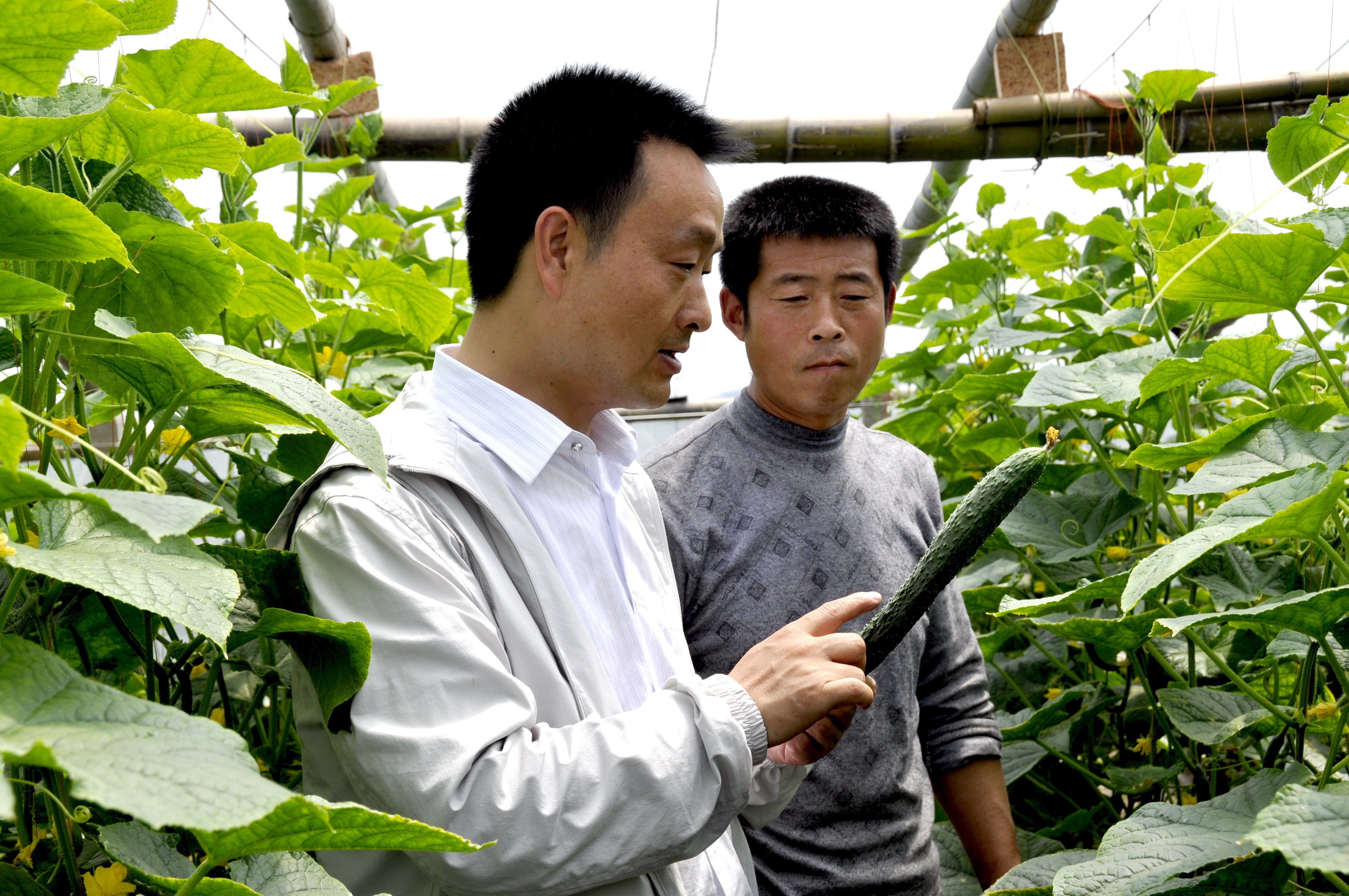Party chief builds model village for poverty alleviation


Misfortune continued to hit Pei Chunliang's family, with his mother being diagnosed with esophageal cancer. Pei Chunliang had to take care of his three young nephews and nieces, getting food and clothes from people in the village. After quitting school, Pei Chunliang started to make a living by working at a bricks and tiles plant for a monthly wage of 40 yuan.
In 1987 he found the barber shop in the village had a good business. Learning haircutting skills, Pei opened a shop of his own. He hired two apprentices because he had too many customers. At that time people in the country enjoyed frequent perms.
Pei Chunliang wanted to keep himself as busy as possible. He bought a camera and opened a studio, the first one in the village. He also invested in a noodle shop, where his nephews and nieces worked part-time after school.
After several years, his barber shop expanded, and his noodle shop grew into a hotel. And he also opened a shop selling hardware and electrical materials.
The 1992 inspection tour of Wuchang, Shenzhen, Zhuhai and Shanghai by then-paramount leader Deng Xiaoping, the chief architect of China's reform and opening-up policies, heralded a sudden surge of the self-employed and people who went into business.























